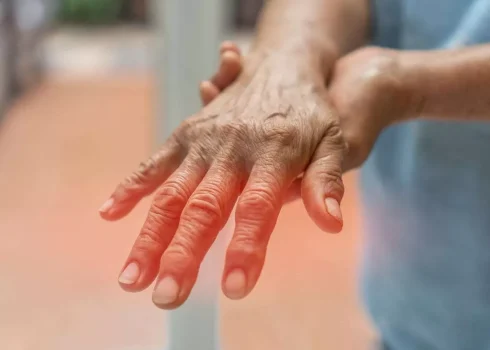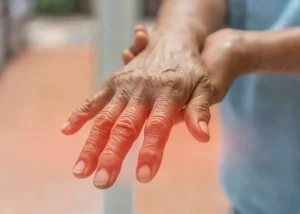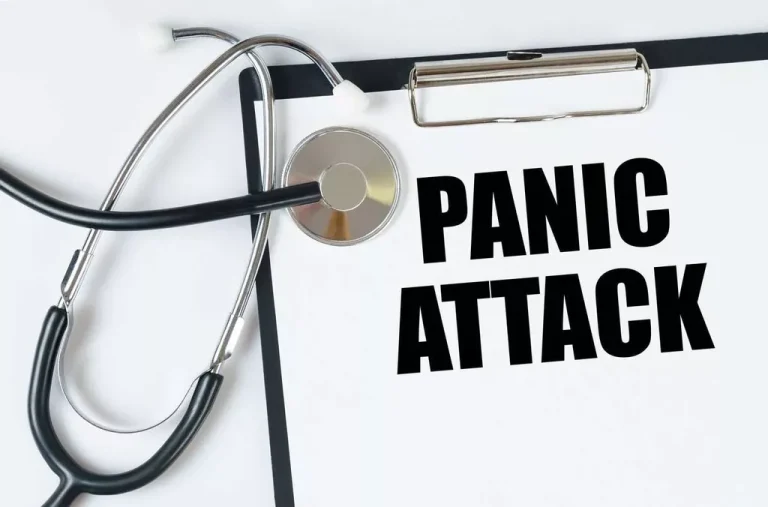
Safety and physical comfort are often better achieved with medical detox, as medications can be administered that mitigate many of the worst effects of withdrawal. Although going through alcohol withdrawal at home without medical supervision is not advised, people frequently do choose this method. Those who, for whatever reason, believe themselves unable or unwilling to undergo a medical detox should be aware of the risks involved. Also, under no circumstances should this process be done alone without someone else present in case of an emergency.
Thinking About Detox?
- The Recovery Village Cherry Hill at Cooper offers comprehensive addiction treatment for drug and alcohol addictions and co-occurring mental health conditions.
- Also, the psychosocial home‐based care was delivered by community health workers in the RCT on contingency management 21.
- To achieve this, a pragmatic review design was employed to systematically search, retrieve, extract and analyse heterogeneous literature about home‐based detoxification from any source of evidence.
- It helps them stay motivated and committed to their goal, knowing that they have people who care about them and want to see them succeed.
Aside from providing emotional support, they can also call medical professionals if something goes wrong. Overall, the process can take weeks, and you might still feel withdrawal symptoms for months. Setting aside time to focus on the detox can help you prepare for withdrawal. Halfway house The detoxification timeline varies based on the severity of the alcohol addiction. Alcohol withdrawal can be severe, and without proper medical supervision, it can lead to serious health complications, including seizures, hallucinations, and delirium tremens (DTs).

Find a Support System
- They can help you determine the best and safest action for your needs.
- But for others, quitting may lead to serious or even dangerous issues.
- There are various avenues for support, including therapy and counseling, support groups and 12-step programs, and building a supportive network.
- Those experiencing symptoms of alcohol withdrawal may seek out natural remedies to ease their discomfort.
By incorporating these tips into your daily routine, you can learn how to manage stress and difficult emotions without relying on alcohol as a crutch. Instead, consider setting smaller goals that are more manageable and achievable. This could include reducing your alcohol intake gradually over time, seeking out support from friends and family, or attending therapy sessions regularly. If the symptoms of alcohol detox become too painful or severe, you should seek help from a medical professional immediately.
- We are dedicated to providing people with the tools and support they need to reclaim their lives and enjoy long-lasting sobriety, happiness, and wellness.
- At-home detox will be much more uncomfortable, and they could be risking their lives.
- Overall, the process can take weeks, and you might still feel withdrawal symptoms for months.
- Milk thistle is packed with an antioxidant known as silymarin, which is beneficial for liver health.
- This could include inpatient or outpatient treatment programs, counseling, and therapy services.
Mind-Body Techniques
- This crucial stage requires attention to hydration, nutrition, and medications to ensure a safer and more comfortable experience.
- This type of care provides an individual with the best opportunity to address their addiction, as well as any underlying issues that may be contributing to it.
- Detoxification is the first step in the detox journey—it involves eliminating alcohol from the body and can trigger various withdrawal symptoms.
- However, it is absolutely essential to speak with a doctor about your situation before you try this.
As such, you may benefit from learning meditation techniques to help you cope with your alcohol cravings. Meditation can help reduce feelings of depression, stress, and anxiety, which may lead to relapse. Alcohol detox and rehab are crucial to the recovery of anyone affected by alcoholism. However, even when you get help, the process of quitting drinking can pose a significant challenge.

Have an Emergency Plan

In the event of a medical emergency, call a doctor or 911 immediately. This website does not recommend or endorse any specific tests, physicians, products, procedures, opinions, or other information that may be mentioned on the Site. Reliance on any information provided by this website is solely at your own risk. Quitting alcohol “cold turkey” without medical supervision may lead to fatal health issues. Alcohol is one of the only substances that can cause seizures and even death. Due to alcohol being absorbed into every part of your body, it is crucial to understand the possible life-threatening effects that can occur when detoxing without being medically monitored.

While you can provide support, it’s crucial to involve healthcare professionals. They can prescribe medications like benzodiazepines or carbamazepine to alleviate withdrawal symptoms and reduce the risk of complications like seizures or delirium tremens. Severe withdrawal cases may require hospitalization, sometimes even in the ICU, for close monitoring. Medically supervised detox is the safest way to help someone through alcohol withdrawal. The process can be unpredictable, with symptoms ranging from mild anxiety to severe complications like delirium tremens, which can be life-threatening if not treated. According to research, delirium tremens can be fatal in over one-in-three cases if left untreated.

The quality assessment was done by two authors (Eva Rens and Anna Ceelen). A score Cure for Alcohol Withdrawal Symptoms out of five is calculated for the design‐specific questions based on the number of ‘yes’ per study. All studies were included in this review, regardless of their quality, but we reflect on the evidence in light of the methodological quality. The limited evidence base illustrates a great need for further investigation and controlled trials of home‐based detoxification and comparison between detoxification settings.
